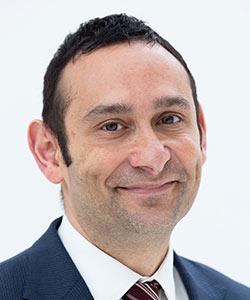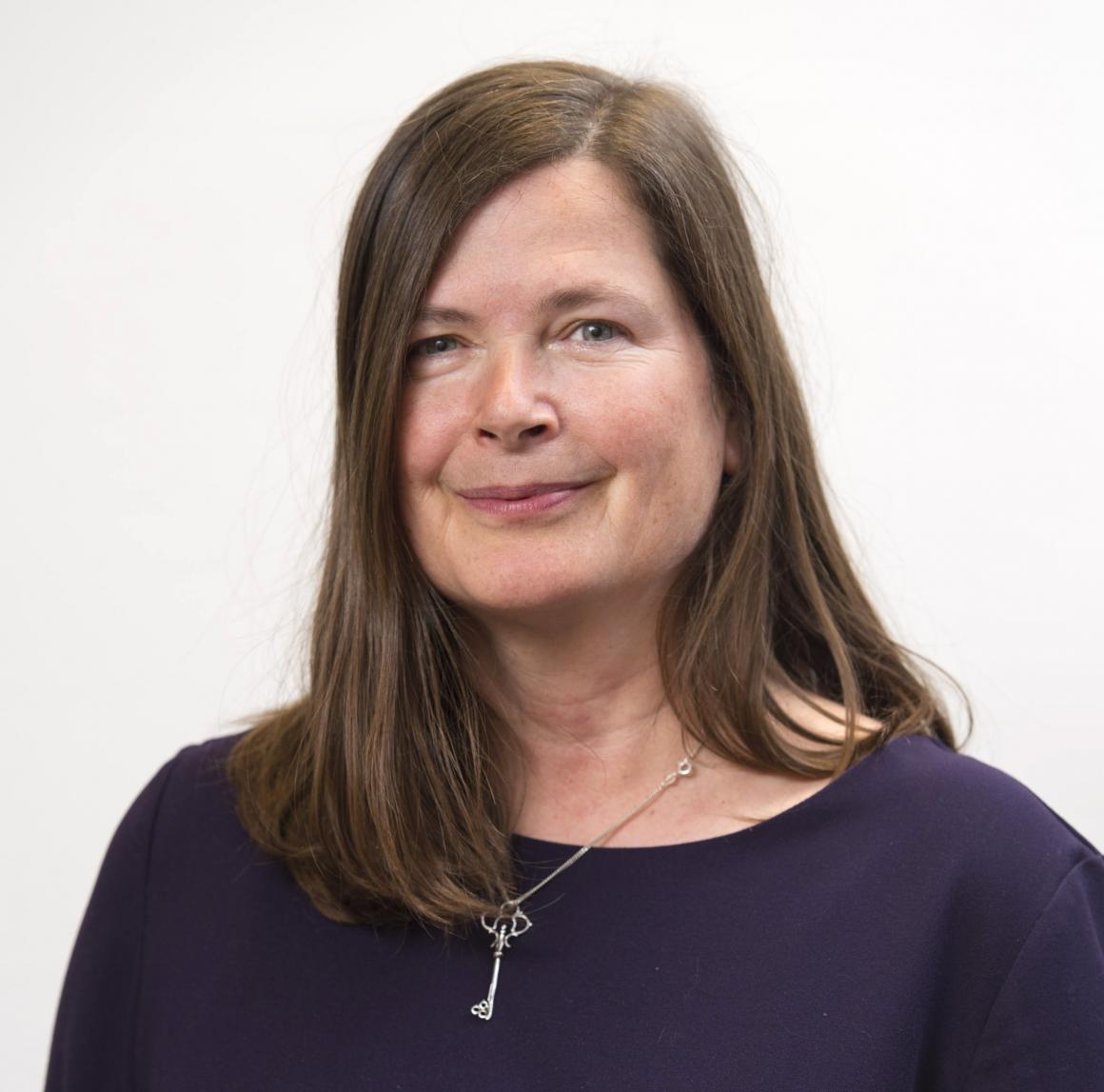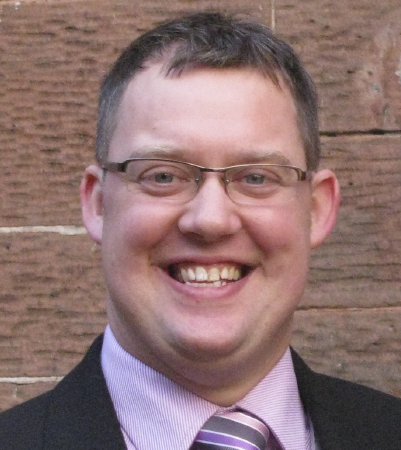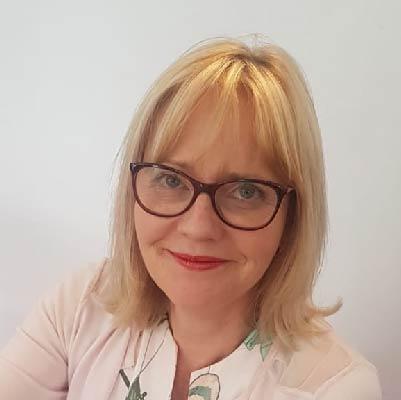Voices from across health and social care
9 December 2019

Ahead of the general election, we asked people from across the public and third sectors, ‘What’s the biggest change you’d want to see the next government make to improve health and social care?’ Here’s what they said.
'We want the next government to realise that it is not a viable strategy to reduce social support whilst ‘ring fencing’ health spending.
'People who are vulnerably housed, who claim benefits, who are affected by disability, loneliness or ill health find it hard to get the support they need. It has become too difficult to access advice, information, carers’ support, and for some people even food.
'Ultimately, all problems turn up in the health system: drug addiction, violence, lack of education, despair, homelessness. There isn’t a problem that in the end doesn’t also become about health. So it is not possible to improve people’s health by investing only in the health system.
'The voluntary and community sector has a big role to play in supporting people to live their best lives. We need the next government to make it easier for us to do so by focusing on health and wellbeing in the round.'
Dr Charlotte Augst, Chief Executive of National Voices, the umbrella organisation for charities in health and care

‘Over my 20 years as a practice GP, I’ve seen a real deterioration in the wellbeing of my patients.
'The government needs to address this by supporting a paradigm shift from a health service that focuses only on illness, to one that focuses on wellness.
'If you look at the really successful health services in countries like Sweden, they balance investment much closer to 50/50 between primary and community care, and acute services. Whereas in this country most investment goes into acute and specialist services, despite the fact that 90% of patient contact happens in primary care. I’d like to see our next government pay more attention to tackling the wider determinants of health, and investing more in prevention and proactive care.
'We’re trying to do that in our own small way in our practice, recognising that 1 in 5 patients who come to us have social not medical needs. We’re working with our local community to meet those needs differently, and have built our capacity with a team of amazing volunteers who can provide alternative support.’
Dr Jaweeda Idoo, GP, Alvanley Family Practice, Stockport, and Chair of Viaduct Care GP Federation

‘The biggest opportunity to improve the nation’s health sits way beyond hospital walls – in the communities we call home.
'I would like to see this made core to improving health, with an enhanced leadership role for local councils. While we need to ensure the NHS works collaboratively with local government to deliver the best possible health services for people when they need them, our government also needs to create the kind of homes, schools, neighbourhoods and workplaces that protect and promote wellbeing throughout our lives. Our ADPH manifesto for Public Health sets out what Directors of Public Health can do to help make this happen.’
Prof Jim McManus Vice-President, Association of Directors of Public Health UK

‘I have no doubt that the burning issue quite literally over the next few years for us all, in all walks of life, is the climate emergency and biodiversity loss.
'This is going to give a whole new lease of life to the old adage, ‘Research, Reduce, Reuse, Recycle’ and will impact everything we think about and do including in the NHS.
'We are going to see big changes in lifestyle choices at an individual level and across communities. Whether we are considering the health and social outcomes we are striving to achieve or how we are going about delivering these, we will always need to consider our carbon impact always and be driving it down.
'Sometimes, I feel confused and fearful when I think how late we are leaving this but delivering the changes will be exhilarating once we (finally) get going. There’s lots and lots of solutions to global heating out there. However we must act NOW.’
Dr Sarah Marriott, Consultant Psychiatrist, South Kensington and Chelsea NHS CMHT

‘For too long health and social care have been treated in isolation, with the NHS receiving the political prioritisation, media attention and public commitments.
'Whilst the NHS is important, social care has remained untackled, with the crisis deepening, services struggling and people not having their needs met. The NHS and social care need to be fixed together – they are intrinsically linked and dependent on each other for their success.
For over a thousand days we have been waiting for successive governments to tackle the social care crisis to no avail, and the next government must step up and take action. Now. Not only must they address it but they must do so in its entirety and ensure that it meets the needs of all who use it. This includes the third of people accessing social care who are working age disabled people (and who account for half of the social care expenditure). It’s time for a comprehensive and wholescale reform of social care, to make it a system which empowers and enables all. This is an opportunity the next government can’t pass up.’
Richard Kramer, CEO, Sense

‘We need to ensure that the views of patients, carers, families and staff about their experience of health and the NHS are at the heart of individual and strategic decision making, because we know that patient and staff experience are so closely aligned to levels of organisational safety and quality.
'I'd also like to see more role modelling and celebration of the compassionate collective leadership that we know from evidence supports effective health care and helps to create an improvement culture.’
Anna Burhouse, Director of Quality Development, RUBIS.Qi, Northumbria Healthcare NHS Foundation Trust

‘As a Consultant Diabetologist in east London, I provide a service for young people between 16 and 25 years with diabetes.
'One of the biggest challenges I face is the absence of a holistic approach to the complex health and social care needs faced by young people, which along with poor investment in mental health support, leads to fragmented care. Apart from an ageing population, young people’s health needs to be recognised as a priority by any future government.
'We are increasingly seeing a rise in chronic illness eg diabetes, and respiratory illness among our young people. Addressing this requires a collaborative approach among all key partners (including public health, educational institutions, employers, the leisure industry), better use of technology and social media to deliver health care and developing role models and youth champions, to avoid the wider societal impact of failing to do so.’
Dr Shanti Vijayaraghavan, Consultant Physician – Diabetes & Endocrinology, Barts Health NHS Trust – Newham University Hospital

‘The next government needs to turn its attention away from pounds and pence, when it talks about health, and start talking about outcomes.
'Outcomes for patients, staff and the population's health. Then we will begin to see investments being made in things that will bring a sea change in healthcare delivery and outcomes, for example digital technologies.
'We might also avoid spending scarce resource on interventions which don't really give any sustainable improvement but are politically expedient.’
Ted Adams, Chief Clinical Information Officer and Consultant in Obstetrics and Gynaecology, Southport and Ormskirk Hospital NHS Trust

‘The NHS was set up and organised to treat infectious diseases and offer medical solutions to ‘fixable things’. Today, the challenge we face is that around 40-50% of people are presenting with ‘non-fixable’ things; the things that don’t go away.
'This huge challenge for the workforce won’t be solved anytime soon so we must explore other ways to increase capacity in the system. Social prescribing workers are a welcome response, but this alone isn’t enough. Our experience is that people in communities gifting time to collaborate with people in services is a sustainable, creative way to solve the problems that medicine can’t fix. But this is a really different way of working needing new skills. So my wish is for the new government to find ways to make this happen and for staff to develop the skills and create the culture needed to work collaboratively with people in their community to design and deliver new offers of support.’
Alyson McGregor, National Director, Altogether Better

'Our population is growing older and hospices need government support to build upon the innovative models of care that they are able to offer to patients and families with any life limiting illness.
'Collaborative projects led by hospices in the UK have allowed patients with non-malignant disease and their families to have access to both their NHS services with an additional hospice layer of support. Such work has allowed patients and families to access a wealth of hospice supportive services which in turn has led to improvement in quality of life even for those approaching the end of their life.
'Care for our dying (whatever the cause) should be at the top of our new government's agenda particularly in the context of an ever increasing ageing population.’
Virginia Campbell, Project Lead, St Luke’s Hospice, Basildon
This content originally featured in our email newsletter, which explores perspectives and expert opinion on a different health or health care topic each month.

Also in this newsletter
Work with us
We look for talented and passionate individuals as everyone at the Health Foundation has an important role to play.
View current vacanciesThe Q community
Q is an initiative connecting people with improvement expertise across the UK.
Find out more

